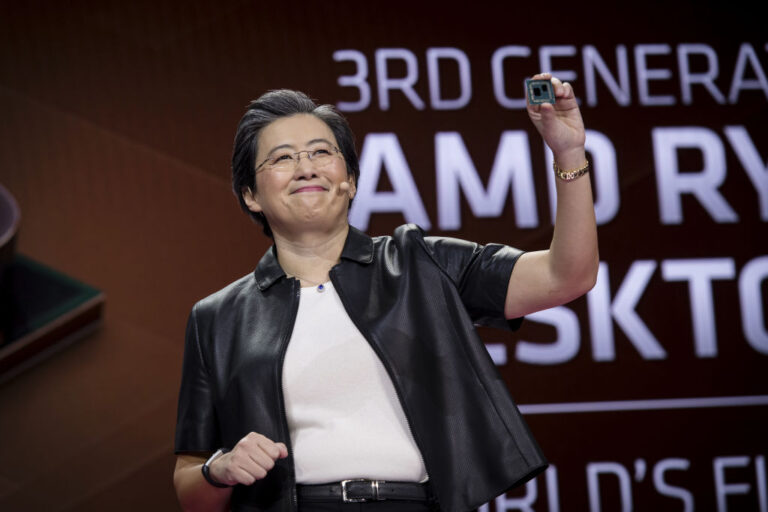Court orders Automattic to restore WP Engine’s access to WordPress.org
A California district court judge on Tuesday ruled that Automattic and its CEO Matt Mullenweg must restore WP Engine’s access to WordPress.org, a theme and plug-in repository owned by Mullenweg.
Judge Araceli Martinez-Olguin noted that WP Engine’s access to WordPress.org, themes, plugins, and subdomains should be restored as they were on September 20, when Mullenweg launched a high-profile war against WP Engine, calling it a “cancer to WordPress” at an event. He soon afterwards banned WP Engine from accessing WordPress.org.
The preliminary injunction is the result of a lawsuit by WP Engine, a third-party WordPress hosting provider, accusing Automattic and Mullenweg of extortion and abuse of power. WP Engine later asked the court to reverse the ban.
The ban also resulted in WP Engine not being able to access and update its popular Advanced Custom Field (ACF) plugin, which Automattic took control of, forked it, and named it Secure Custom Fields (SCF). The ruling orders Automattic to restore WP Engine’s access and control of ACF on WordPress.org.
For context, WordPress powers more than 40% of the web, and while any individual or company is free to take the open-source project and run a website themselves, a number of businesses have sprung up to sell hosting services and technical expertise off the back of it. These include Automattic, which Mullenweg set up in 2005 to monetize the project he’d created two years previous, and WP Engine.
Automattic is also being forced to remove a list of WP Engine customers on a site that was created to show how many customers have stopped using WP Engine since Mullenweg launched his campaign. It must also remove a check box on its login page that requires users to confirm that they are not affiliated with WP Engine
Automattic said in a statement that it will keep fighting the case.
“Today’s ruling is a preliminary order designed to maintain the status quo. It was made without the benefit of discovery, our motion to dismiss, or the counterclaims we will be filing against WP Engine shortly,” the company said in a statement.
WP Engine said the court’s order will bring stability to the WordPress ecosystem: “We thank the Court for granting our request for a preliminary injunction. The order will bring back much-needed stability and security to the WordPress ecosystem. WP Engine is focused on serving our partners and customers and working with the community to find ways to ensure a vigorous and thriving WordPress community,” a spokesperson said.
The saga has raised questions about the open-source nature and stability of the WordPress community. There have also been discussions about what a fair contribution to open-source projects constitutes, as Mullenweg had accused WP Engine of not doing enough for the betterment of the WordPress project.







